How to Fix Coolant Mixing With Engine Oil?
If your engine seems to be running rough, and there’s a strange, sweet smell coming from under the hood there is a possibility of coolant or water mixed with engine oil. So, upon further investigation, if you discover that coolant is mixed with your engine oil you should read this article on how to fix coolant mixing with engine oil to take appropriate actions immediately.
Let’s get straight to the business.
What Causes Coolant to Mix With Engine Oil?
Coolant mixing with engine oil can occur due to several reasons such as a damaged head gasket, cracked cylinder head, or corroded engine block.
Damaged Gasket
One common cause is a damaged head gasket. The head gasket sits between the engine block and cylinder head, sealing the combustion chambers and coolant passages. If the head gasket fails, it can allow coolant to leak into the combustion chambers or oil passages, leading to mixing with engine oil.
Crakced Cylinder Head
Another possible cause is a cracked cylinder head or engine block. A crack in either of these components can create a pathway for coolant to enter the oil passages or combustion chambers, resulting in mixing with engine oil.
Corroded Engine Block
Additionally, a damaged or corroded engine block can also lead to coolant mixing with engine oil. If the block is compromised, it can allow coolant to seep into the oil passages, causing contamination.
In addition, poor maintenance practices, such as not changing the coolant regularly or using the wrong type of coolant, can also contribute to coolant mixing with engine oil.
Symptoms of Coolant Mixing With Engine Oil
When coolant mixes with engine oil, it can cause several noticeable symptoms that indicate a potential problem. Here are the common symptoms you may experience:
Milky or Foamy Oil
One of the most apparent signs of coolant mixing with engine oil is the presence of a milky or foamy substance on the dipstick or inside the oil filler cap. This mixture of coolant and oil can indicate a serious issue with the engine’s cooling system.
Overheating Engine
Coolant mixing with engine oil can lead to poor engine cooling, resulting in the engine overheating. If you notice your engine temperature gauge reading higher than normal or if you see steam coming from the engine, it could be a sign of coolant contamination.
White Smoke From Exhaust
When coolant is burned in the combustion chambers, it undergoes a chemical reaction that produces white smoke as a byproduct. This white smoke is a mixture of steam and coolant vapor and is often thicker and more pronounced than regular exhaust smoke.
The sweet smell from the tailpipe is due to the presence of ethylene glycol, which is a component of most coolant formulations. When ethylene glycol is burned, it produces a sweet odor that is distinct from the typical smell of exhaust gases.
The presence of white smoke and a sweet smell from the tailpipe are strong indicators of coolant mixing with the combustion process.
Loss of Coolant Without Visible Leaks
Coolant mixing with oil can cause a loss of coolant without any visible leaks. If you find yourself frequently topping up the coolant reservoir but can’t find any leaks, it could be a sign of coolant mixing.
Poor Engine Performance
When coolant is mixed with motor oil, it can lead to reduced engine performance. You will notice rough idling, misfiring, or a noticeable decrease in power when you drive your vehicle.
How to Fix Coolant Mixing With Engine Oil?
You need to find the faulty component, replace it, and flush the cooling system in order to fix the coolant in the engine oil. Here’s a comprehensive guide on how to fix this issue:
1st Step
The first step is to identify where the coolant is entering the engine oil. Common sources include a damaged head gasket, cracked cylinder head, or cracked engine block.
2nd Step
Perform a thorough inspection of the engine, looking for signs of coolant leaks or damage. You may also need to perform a compression test or a cylinder leak-down test to pinpoint the source of the problem.
3rd Step
Depending on the source of the coolant mixing, you’ll need to replace the damaged component. This could involve replacing the head gasket, cylinder head, or engine block.
4th Step
After replacing the faulty component, flush the cooling system to remove any remaining coolant and contaminants. Refill the cooling system with fresh coolant according to the manufacturer’s specifications.
5th Step
Drain the contaminated engine oil and replace it with fresh oil. Be sure to use the correct grade and type of oil recommended for your engine.
Final Step
After completing the repairs, monitor your engine for any signs of coolant mixing. Keep an eye on the oil level and color, as well as the coolant level and condition, to ensure that the issue has been resolved.
How to Avoid Coolant in the Engine Oil?
To avoid coolant mixing with engine oil maintain your cooling system regularly, using the recommended coolant. In addition, check for leaks and address them promptly, monitor coolant levels, and top up as needed.
If you notice the engine overheats, fix them promptly. Moreover, change engine oil regularly to maintain lubrication and protection. These steps help prevent coolant from leaking into the engine oil, ensuring your vehicle’s engine remains in good condition.
What Are the Risks of Not Fixing Coolant Mixing With Engine Oil?
Not fixing coolant mixing with engine oil can lead to several serious risks and potential damage to your vehicle:
- Coolant in the engine oil can reduce the oil’s lubricating properties, leading to increased friction and wear on engine components. This can result in premature engine failure or costly repairs.
- As mentioned earlier, coolant contamination can affect engine performance, causing rough idling, misfires, and decreased power output. This can result in a less efficient and more unreliable vehicle.
- Coolant mixing with engine oil can lead to improper cooling of the engine, increasing the risk of overheating. Overheating can cause further damage to the engine and other components.
- Ignoring coolant mixing issues can lead to more extensive damage over time, resulting in higher repair costs.
You May Also Like


I’m Alex, a seasoned mechanical teacher with over 20 years of hands-on experience in Australia. My passion for all things automotive has driven me to establish this blog, aiming to share my wealth of knowledge and expertise with fellow enthusiasts, DIYers, and anyone keen on understanding the mechanics behind the machines we rely on daily.

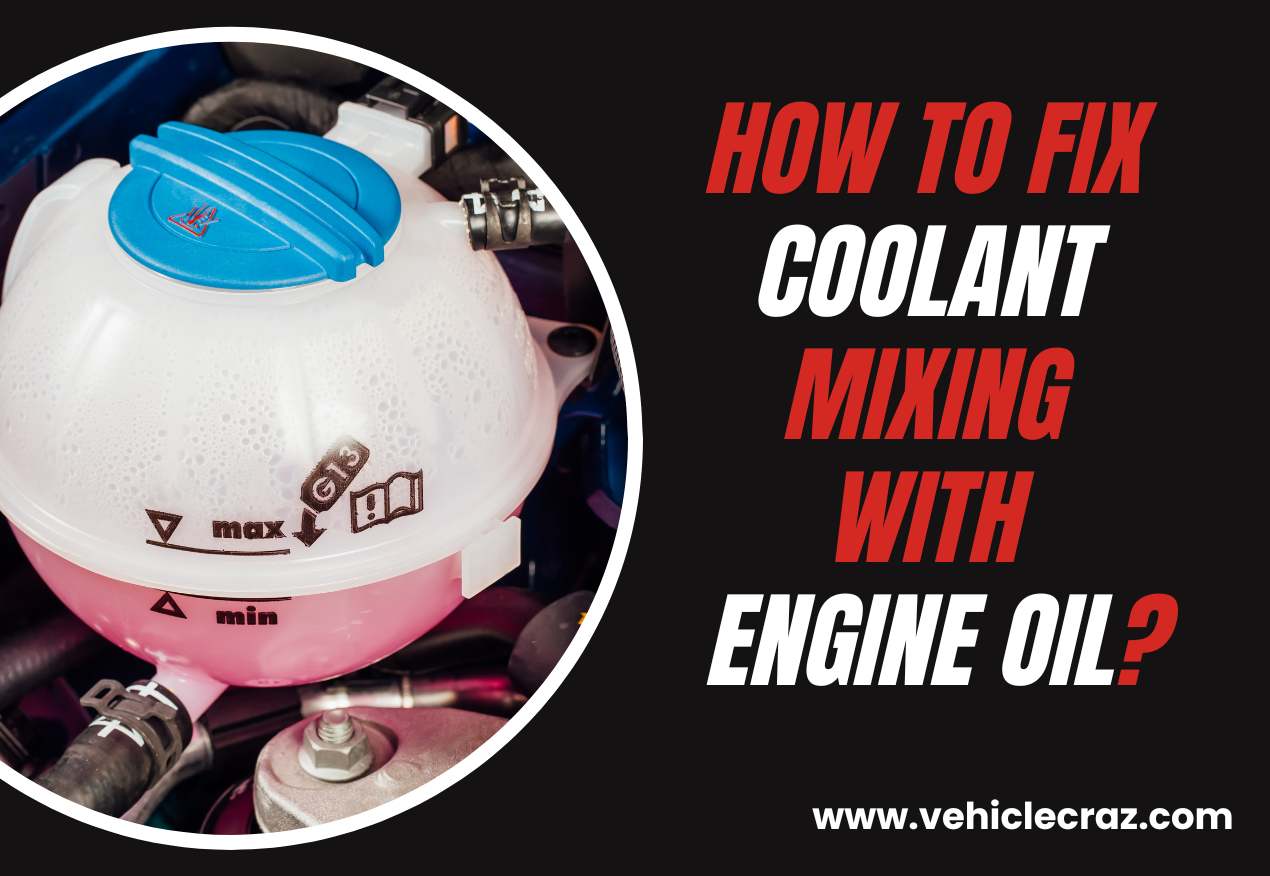
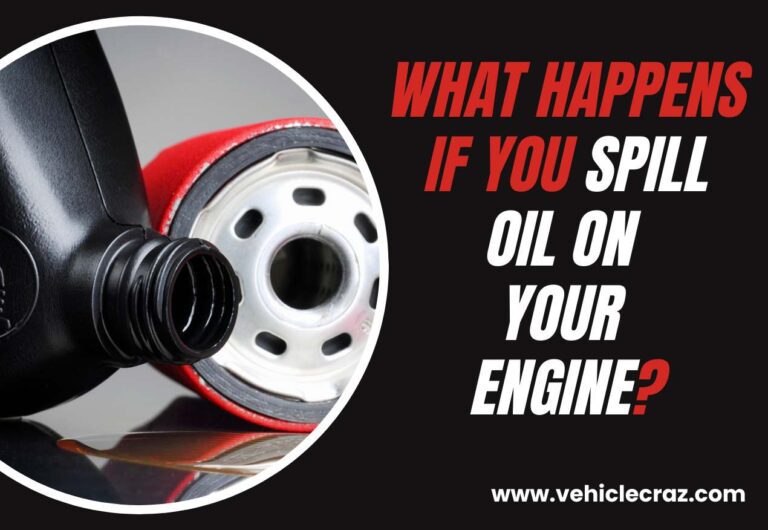
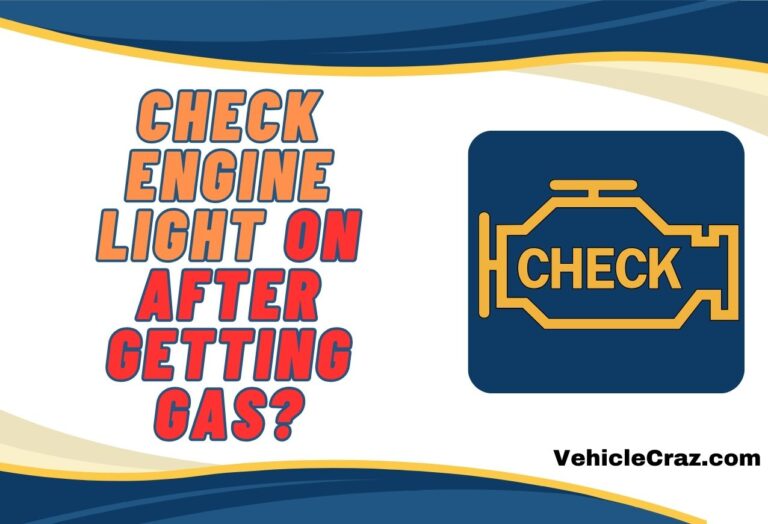
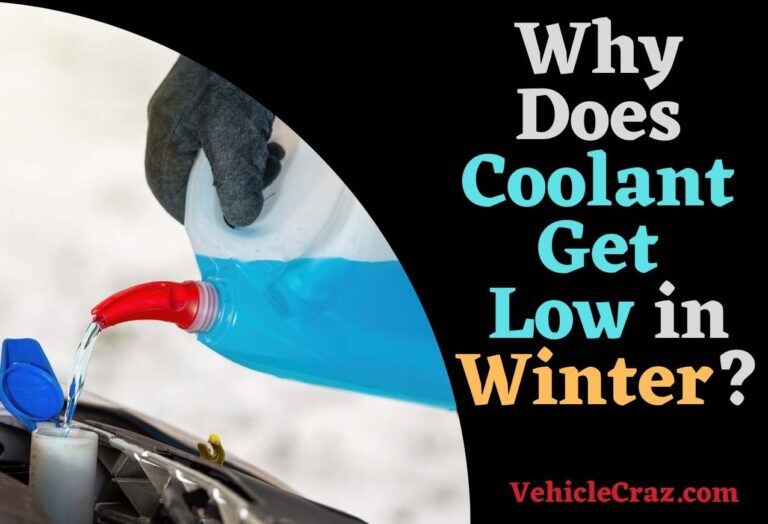
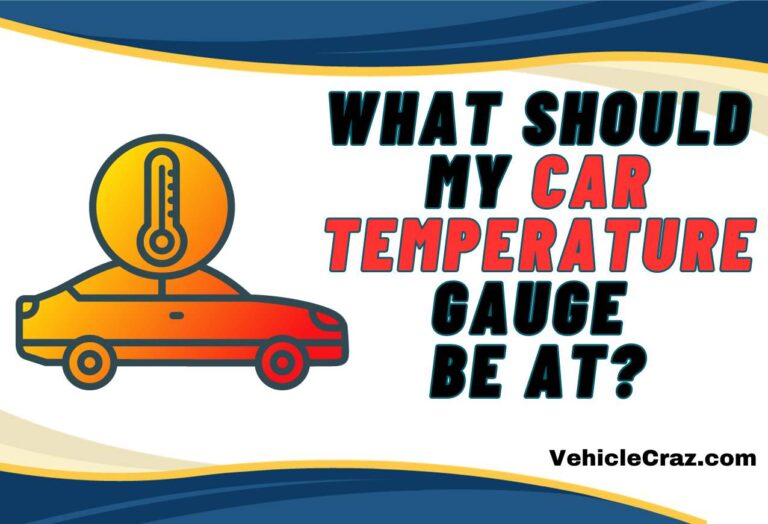

![Coolant Not Draining From Radiator? [FIXED]](https://vehiclecraz.com/wp-content/uploads/2024/03/Maximum-Level-4-768x524.jpg)